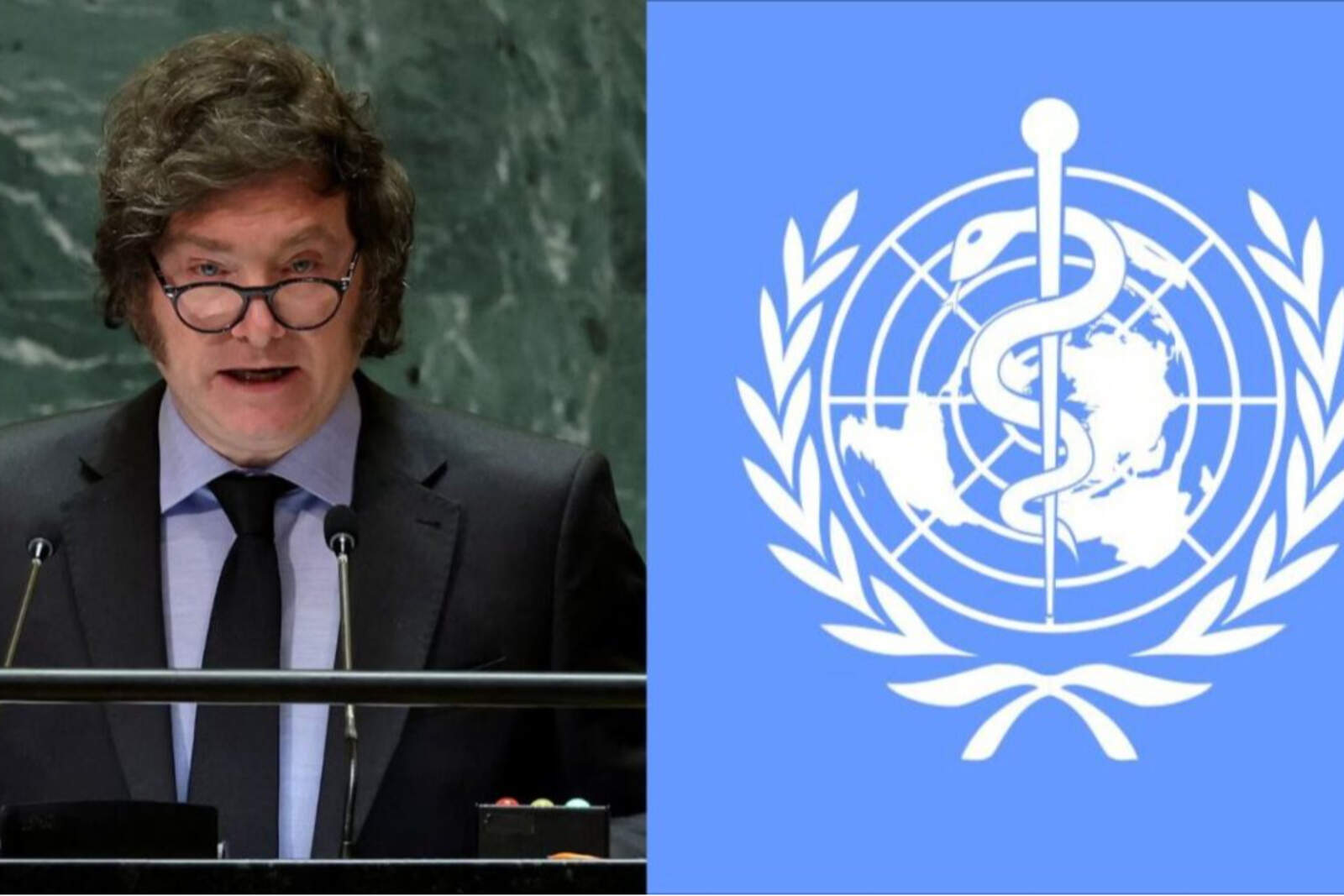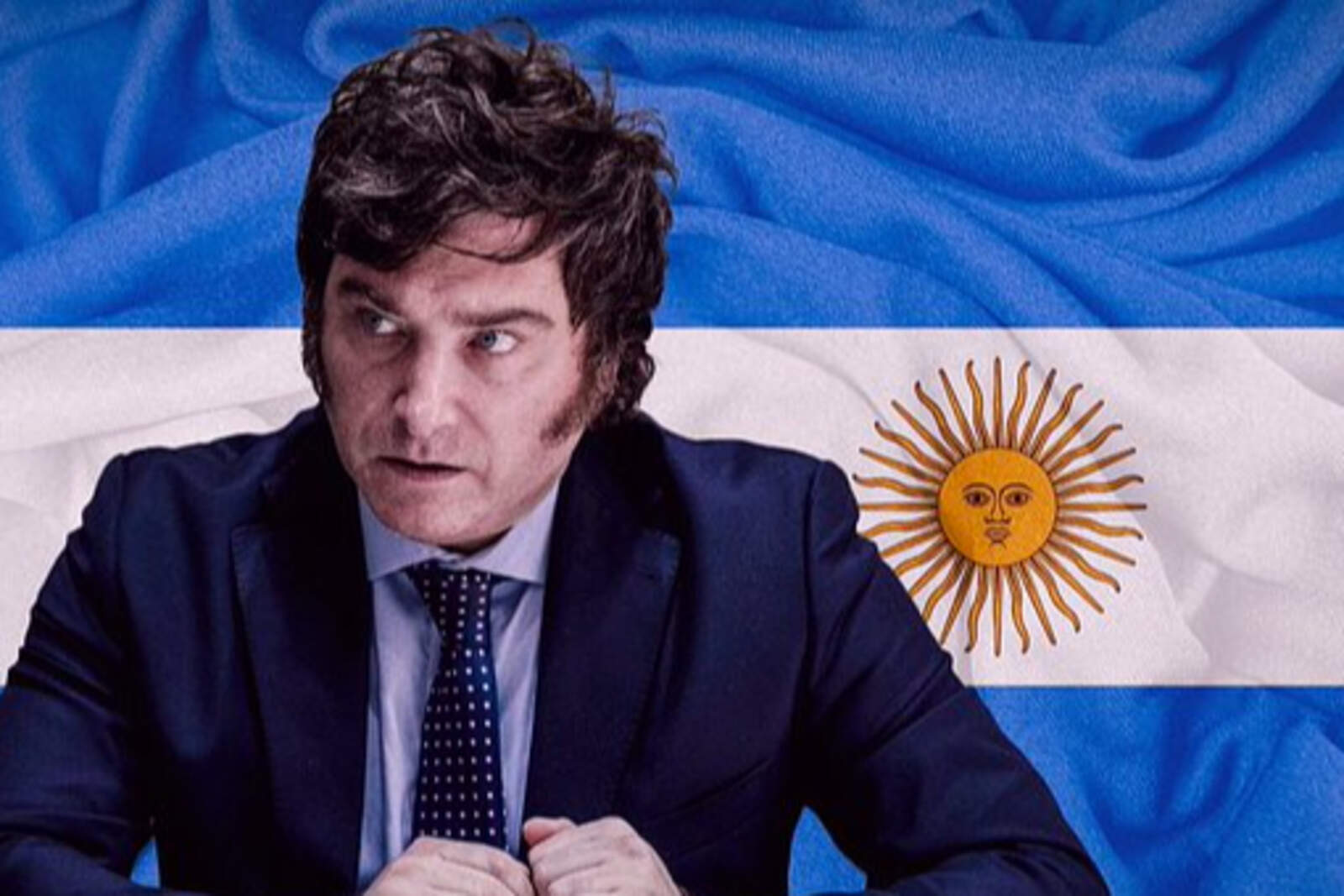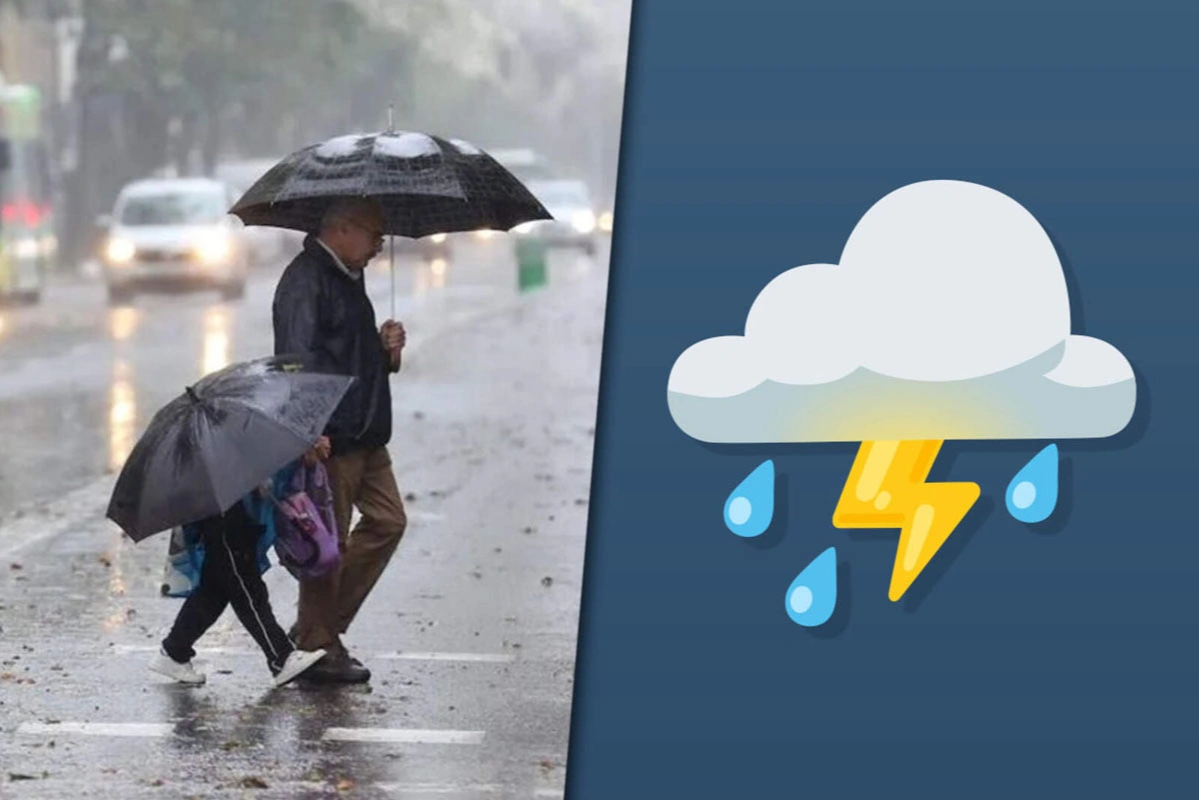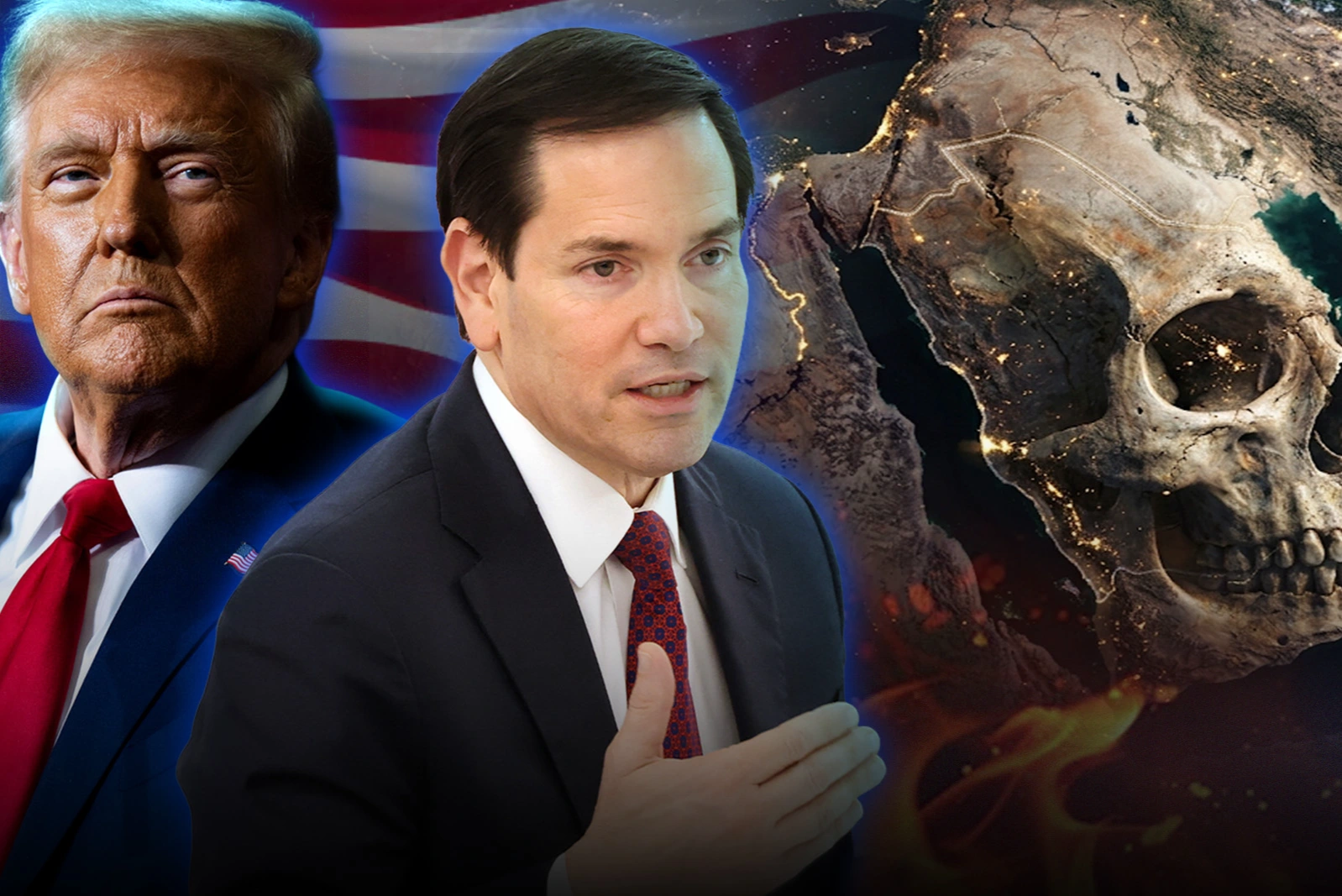In a marked gesture in defense of national sovereignty and rejection of potential impositions by supranational organizations, the Government of Javier Milei decided not to adhere to the new World Health Organization (WHO) Agreement on pandemics, adopted this week at the 78th World Health Assembly.
This stance, upheld by President Javier Milei and his government team, represents a clear signal of commitment to the independence and individual freedom of Argentines, in contrast to the authoritarian measures that marked the times of the COVID-19 pandemic.
Moreover, the rejection of this agreement is possible because the Milei Government ordered at the beginning of this year that Argentina withdraw from the World Health Organization, a measure also taken by the U.S. President, Donald Trump, with his country. This way, both countries have greater autonomy to take health measures without being hostages to an international organization.

Meanwhile, 124 countries voted in favor of the agreement, which seeks to establish an international framework to act in the face of future pandemics, implementing dangerous quarantines in the signatory countries, Argentina remained on the sidelines, making it clear that it is not willing to delegate critical public health decisions to international bodies.
The Milei Government's refusal is based on a realistic and firm assessment of the risks of allowing multilateral treaties to condition the internal decisions of a sovereign country, especially regarding quarantines, movement restrictions, health mandates, and mandatory vaccination.









